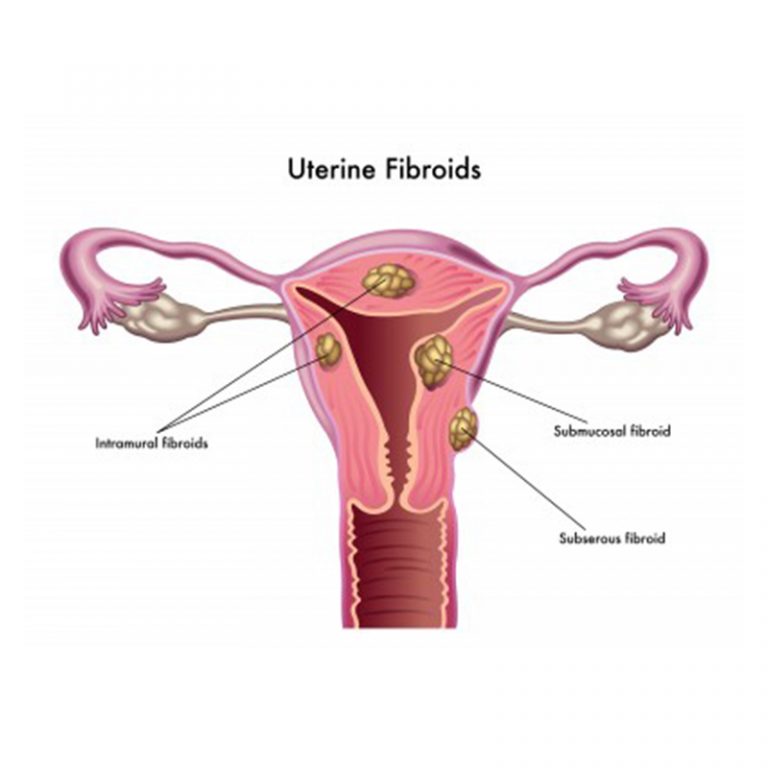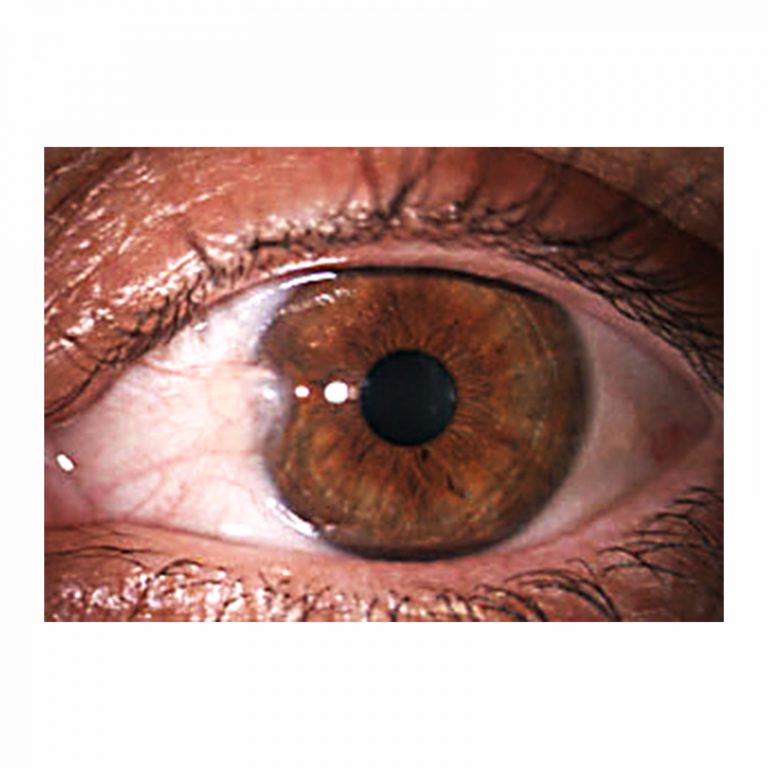Allergic Reaction Symptoms and Treatment – An Ayurvedic Approach
What is an allergic reaction?
An allergic reaction is an exaggerated response of our body to a food or a substance in the environment which would normally be considered harmless. Regardless of the severity of the allergy symptoms in all cases there is a hypersensitive immune system response to the ‘allergen’ in question.
What are the symptoms of allergic reaction?
An allergic reaction rash can be mild creating symptoms such as:
- Stomach upset
- Itchy skin or mucous membranes
- Watering or itchy eyes
- Sneezing
- Sinus inflammation
The most severe allergic reaction symptoms is anaphylaxis, which can easily be life-threatening.
There is not necessarily a food or substance involved in the allergic reaction, as the problem may involve an emotional reaction to a life event. Some allergic reaction, for example angioedema, can in fact be triggered either by foods or by emotional factors, while others might be due, for example, to climatic changes.
Causes and treatment of allergic reactions :
Considering the wide variety of causes for any allergic reaction it is scarcely surprising that the trigger is often missed in routine medical diagnosis and treatment, where the standard approach is in any case to suppress the immune system response.
The Ayurvedic approach to allergic reaction treatment is very different, rather looking at which system is affected and treating that as a priority. For example, if the offending item is a particular food, not only should that food be avoided but the digestive system also requires to be treated. This may not be as straightforward as it seems; one lady patient of mine at first appeared to have an allergic reaction to apples but we were later able to establish that the actual trigger was only in the skin – she was able to consume the flesh with no ill effect. It is frequently the case that only a part of a food is causing the problem, and for this reason allergy tests may not reveal the true cause.
Removal of the cause of an allergic reaction is of course vital, whenever practicable. For example, there would be no point in treating a patient for an allergic response to a mould if this is left to grow in the bathroom.
A very common cause of hypersensitivity to allergens is adrenal stress, which inevitably leads to lowered immunity. In such cases the immune system will need to be strengthened as a priority. Another common cause is a deficiency of certain enzymes; for example the consumption of milk can pose a problem if the patient is deficient in lactase – the cause of lactose intolerance.
Sometimes a simple antidote can be surprisingly effective. For example, if eating a banana brings on an asthma attack, drinking some ginger tea can restore balance.
Contact for help with allergic reactions ( allergy) :
If you are experiencing problems finding a solution to a recurring allergic reaction book an appointment at the YATAN Holistic Ayurvedic Centre on 1300 552 260.

*Discover holistic healing with a complimentary phone or video consultation from our expert Ayurvedic practitioner. Start your path to better health today!*























